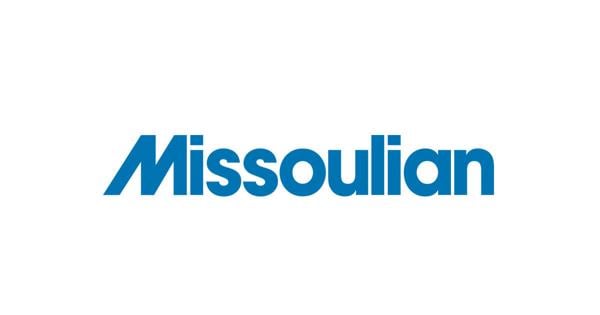A new drug, developed by researchers at the University of Montana, is off to human clinical trials to see if it can effectively mitigate cancerous tumors.
The drug is an “immunotherapeutic agent designed for treating patients with advanced solid tumors,” a news release from Inimmune Corp., a Missoula-based biotechnology company, said. The university’s Center for Transitional Medicine partnered with Inimmune for the project.
The first dose of the drug was administered to a patient in late July, said David Burkhart, a co-inventor on the drug’s patent and UM professor. He said it’s been well-tolerated so far.
“It’s an adaptive response against the tumor,” Burkhart said.
INI-4001 is administered through an IV to patients with advanced solid tumors. Burkhart said it activates and stimulates the immune system and those cells seek out and attack the tumor to generate an immune response.
People are also reading…
“INI-4001 initially was designed at the University as an adjuvant, a substance to boost the effectiveness of vaccines,” a news release from UM stated. “Now it will be tested for its ability as a potential tool to fight cancer.”
The dose was administered via an IV to a patient with advanced solid tumors, the news release stated. It’s being done through an “ascending-dose study,” which means the drug’s dose for patients starts low and increases over time as researchers evaluate its safety.
The first phase of trials will likely take a year or two in Australia. From there, it moves into phase II advocacy trials, Burkhart explained.
Jay Evans, a researcher at UM, said in the news release that getting to the point of human trials with the drug is a “milestone” for the university.
“Since we joined UM in 2016, it’s been our goal to advance UM research discoveries to treatments that can be safely used in people,” Evans said in the news release. “The transition from pre-clinical to clinical stage of drug development is challenging, and it’s been great to partner with a local Missoula company and advance a university-discovered technology to human clinical trials.”
Both graduate and undergraduate UM students worked to make INI-4001 trial-ready, according to Evans.
“UM students work in our labs every day making new discoveries, they are integral to everything we do,” he said in the news release. “The Center for Translational Medicine at UM prepares students for careers in biotechnology, which is ideal for both UM students and Inimmune, which hires well-trained UM graduates from the CTM program.”
Zoë Buchli is the education reporter for the Missoulian.





